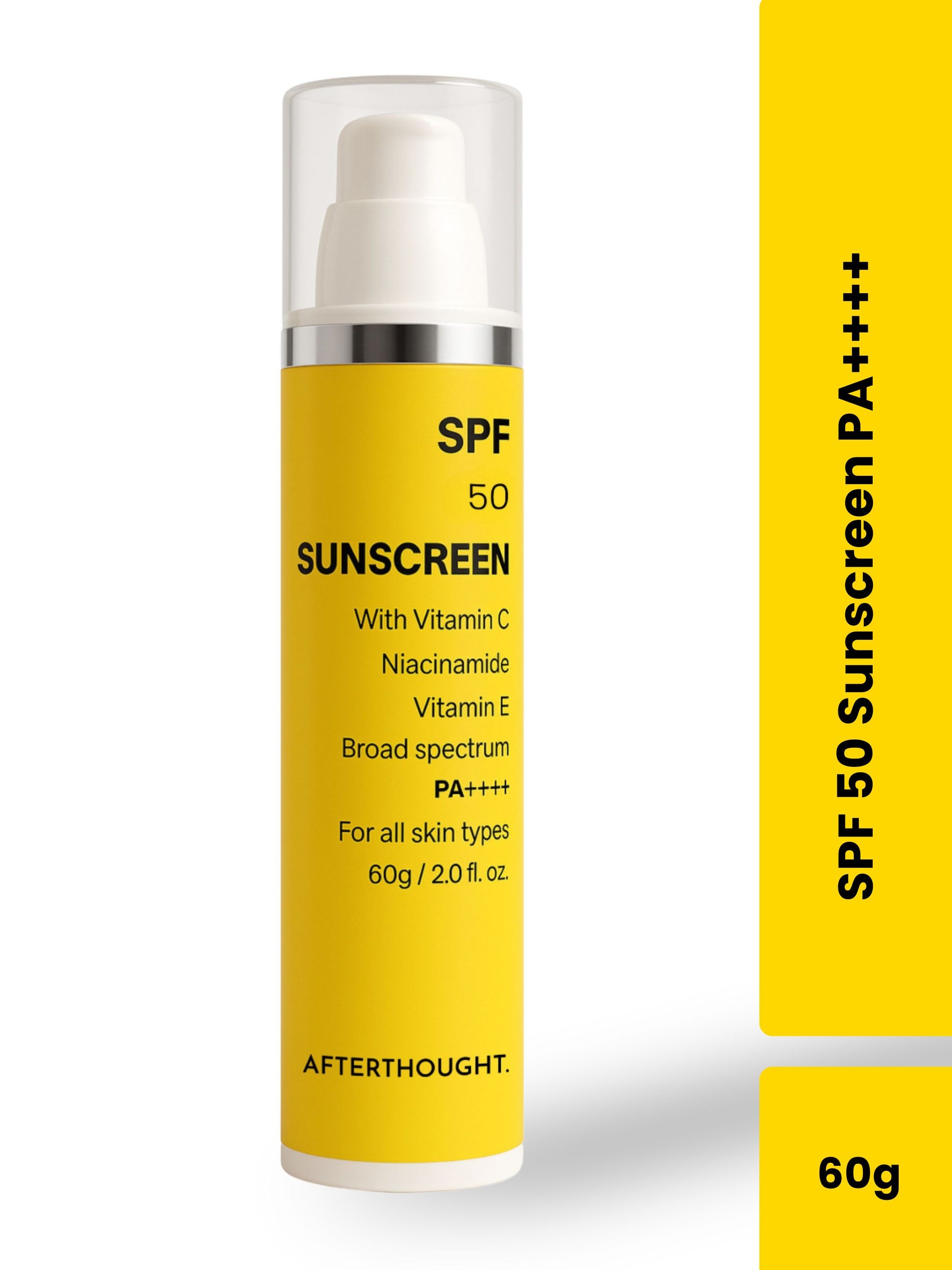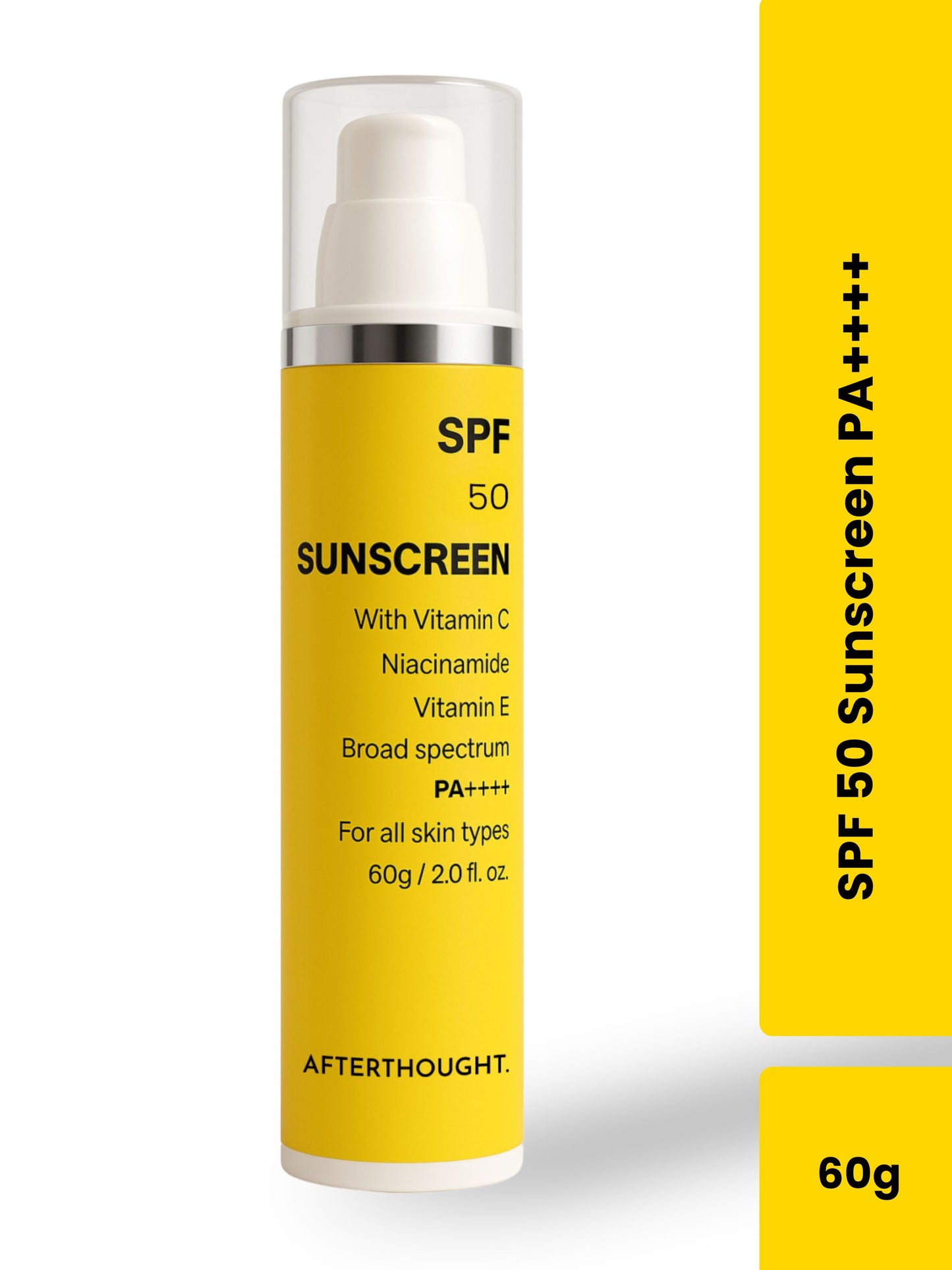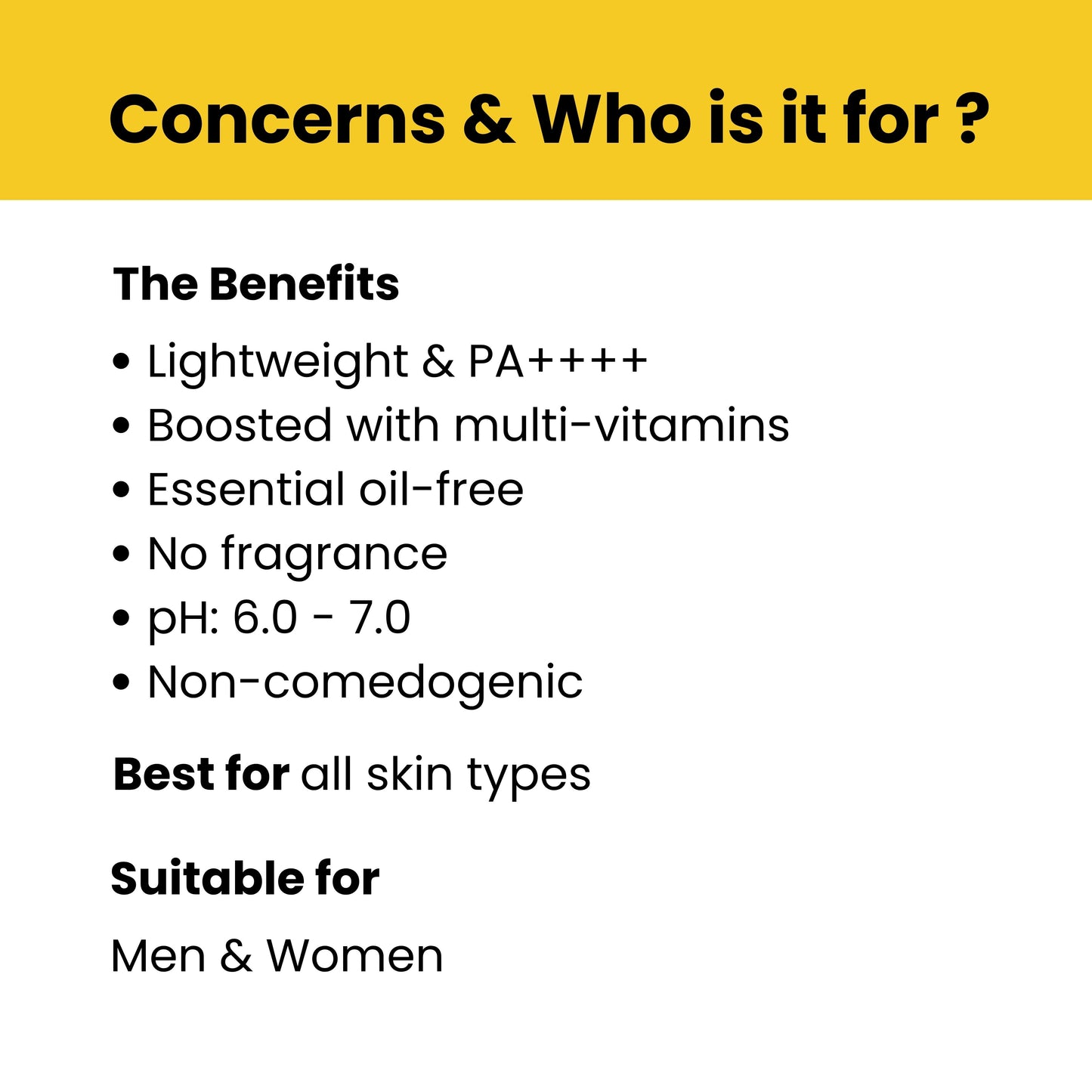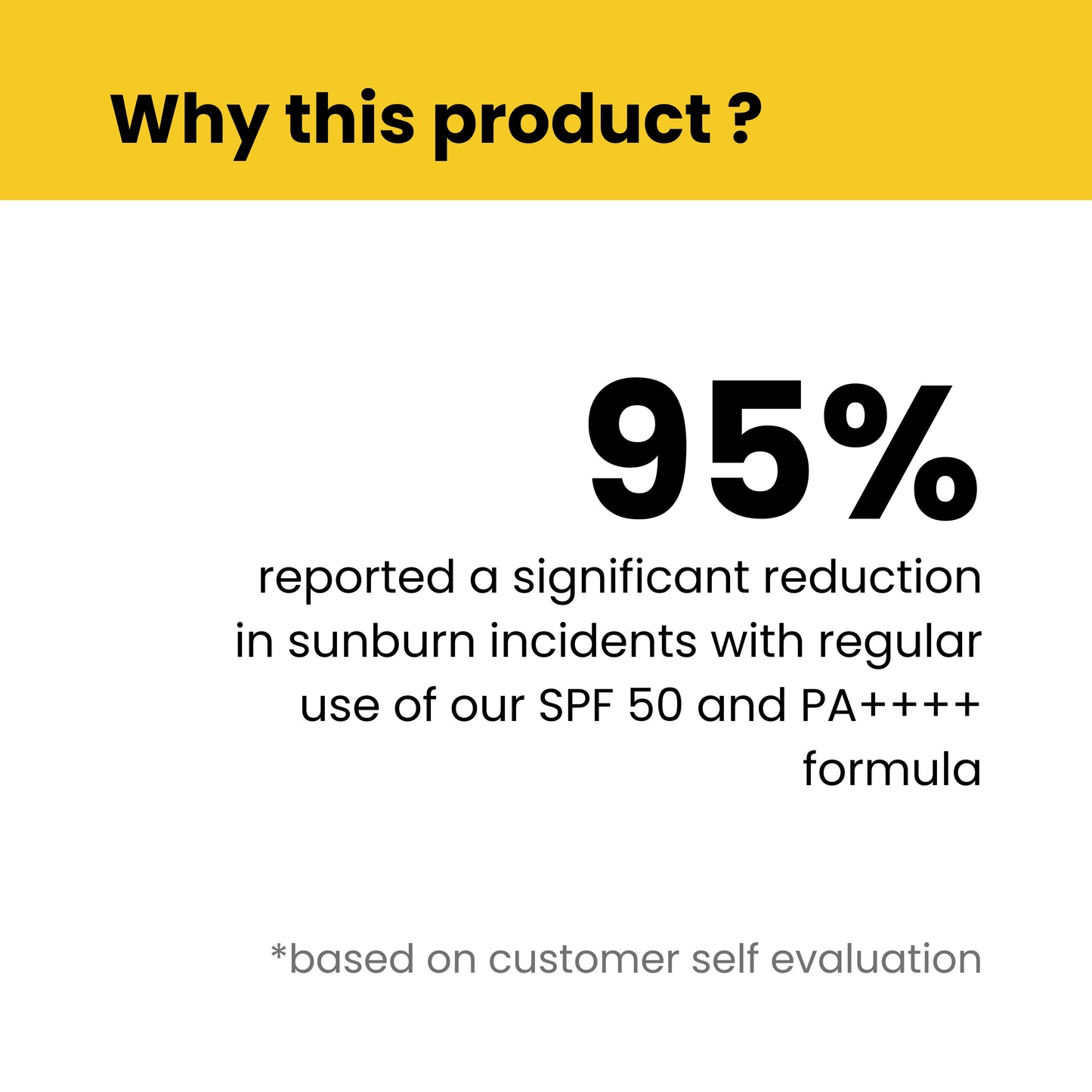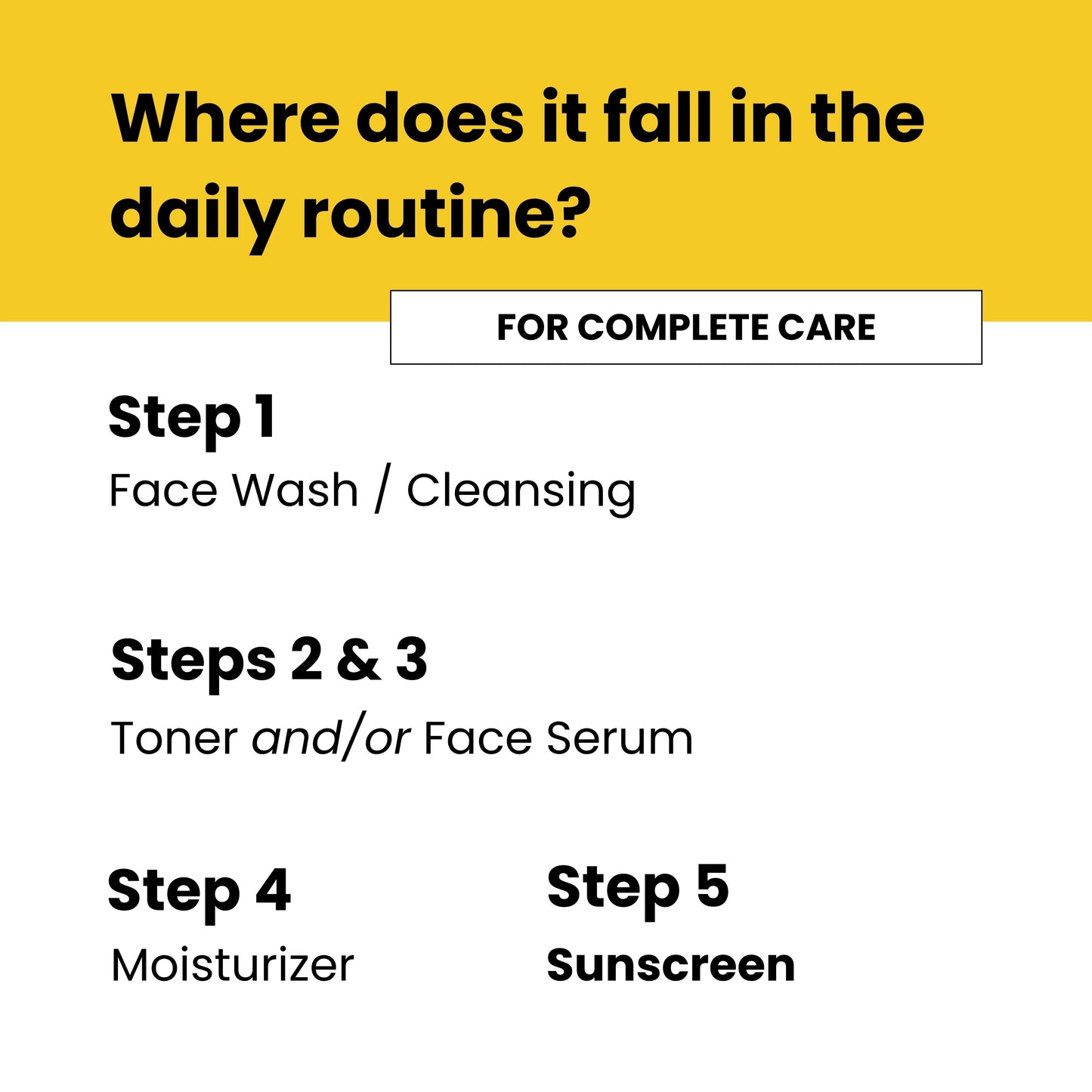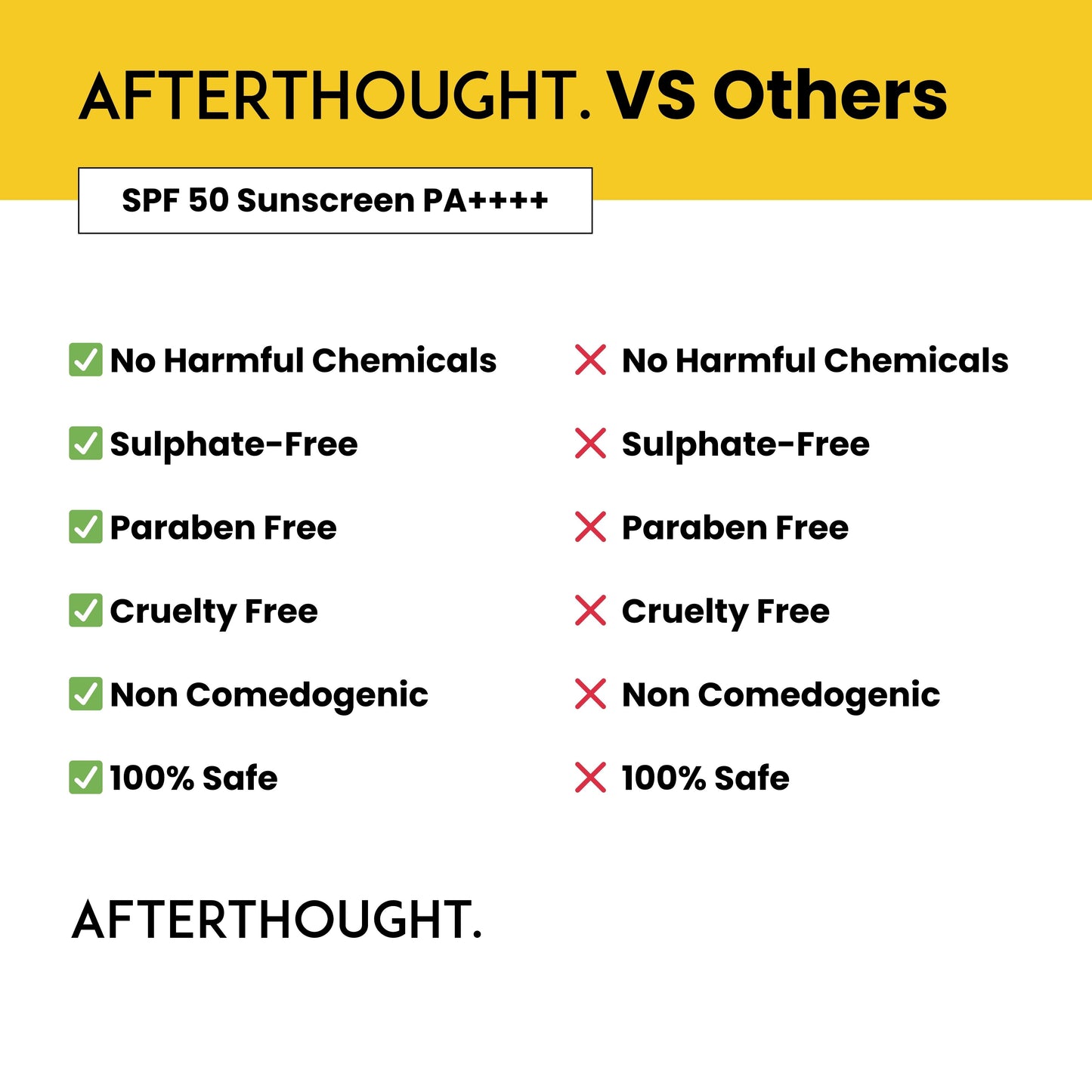You Know These 7 Hidden Dangers In Your Sunscreen?
Sunscreen is an essential part of our daily skincare routine, protecting us from the harmful effects of UV radiation. Welcome to Afterthought.
However, not all sunscreens are created equal. Many contain ingredients that can do more harm than good, posing risks to both our skin and overall health.
In this post, we'll explore some of the harmful ingredients commonly found in sunscreens and why it's crucial to opt for safer alternatives.
Harmful Ingredients Commonly Found in Sunscreens
1. Oxybenzone
- What It Is: Oxybenzone is a chemical filter used to absorb UV radiation.
- Risks: Oxybenzone can penetrate the skin and act as a hormone disruptor. It has been linked to allergic reactions, cell damage, and hormone-related cancers. Additionally, it contributes to coral reef bleaching and environmental harm.
2. Octinoxate
- What It Is: Octinoxate is another chemical filter used to absorb UVB radiation.
- Risks: Octinoxate can cause allergic reactions and has been shown to disrupt hormone function. It can also degrade into harmful byproducts when exposed to sunlight.
3. Retinyl Palmitate (Vitamin A Palmitate)
- What It Is: Retinyl palmitate is a form of vitamin A used for its antioxidant properties.
- Risks: When exposed to sunlight, retinyl palmitate can break down and produce free radicals, which can damage skin cells and increase the risk of skin cancer.
4. Homosalate
- What It Is: Homosalate is a chemical filter that absorbs UVB radiation.
- Risks: Homosalate can disrupt hormone function and enhance the absorption of other harmful chemicals into the skin.
5. Octocrylene
- What It Is: Octocrylene is a chemical filter that absorbs UVB and short UVA rays.
- Risks: Octocrylene can cause skin allergies and may accumulate in the body over time, potentially disrupting hormone function. It can also generate free radicals when exposed to sunlight.
6. Parabens
- What It Is: Parabens are preservatives used to prevent the growth of bacteria and mold.
- Risks: Parabens can mimic estrogen in the body, potentially disrupting hormone function. They have been linked to an increased risk of breast cancer and reproductive issues.
7. Fragrance
- What It Is: Synthetic fragrances are added to sunscreens to make them smell pleasant.
- Risks: These fragrances can contain a mixture of chemicals, including phthalates, which can cause skin irritation, allergic reactions, and disrupt hormone function.
Why You Should Switch to Safer Alternatives
Using a sunscreen with harmful ingredients can lead to a range of skin issues, from irritation and allergies to more severe health concerns like hormone disruption and increased cancer risk. By opting for safer, natural alternatives, you can protect your skin and overall health.
Safer Alternatives for Your Sunscreen
When shopping for sunscreen, consider looking for products that are free from the harmful ingredients listed above. Here are some tips to help you choose safer alternatives:
- Look for Mineral-Based Sunscreens: Mineral sunscreens use zinc oxide or titanium dioxide as active ingredients. These minerals sit on top of the skin and physically block UV rays without being absorbed into the bloodstream.
- Choose Broad-Spectrum Protection: Ensure the sunscreen provides broad-spectrum protection, meaning it protects against both UVA and UVB rays.
- Opt for Fragrance-Free: Fragrance-free products are less likely to contain harmful chemicals. If you prefer scented products, look for those with natural fragrances derived from essential oils.
- Check for Certifications: Products certified by organizations like USDA Organic, EcoCert, or EWG Verified are generally free from harmful chemicals and are safer for your skin and health.
- Read Labels Carefully: Always check the ingredient list before purchasing a sunscreen. Avoid products that contain any of the harmful ingredients mentioned above.
Check Now : Sunscreen SPF Calculator
Conclusion
Protecting your skin from the sun's harmful rays is crucial, but it shouldn't come at the cost of your overall health. By being mindful of the ingredients in your sunscreen, you can avoid harmful chemicals and choose products that are better for your skin and the environment.
Remember, a truly effective sun protection routine starts with safe, natural ingredients that provide broad-spectrum protection without compromising your health.
Also Read : How To Choose Sunscreen For Oily Skin


